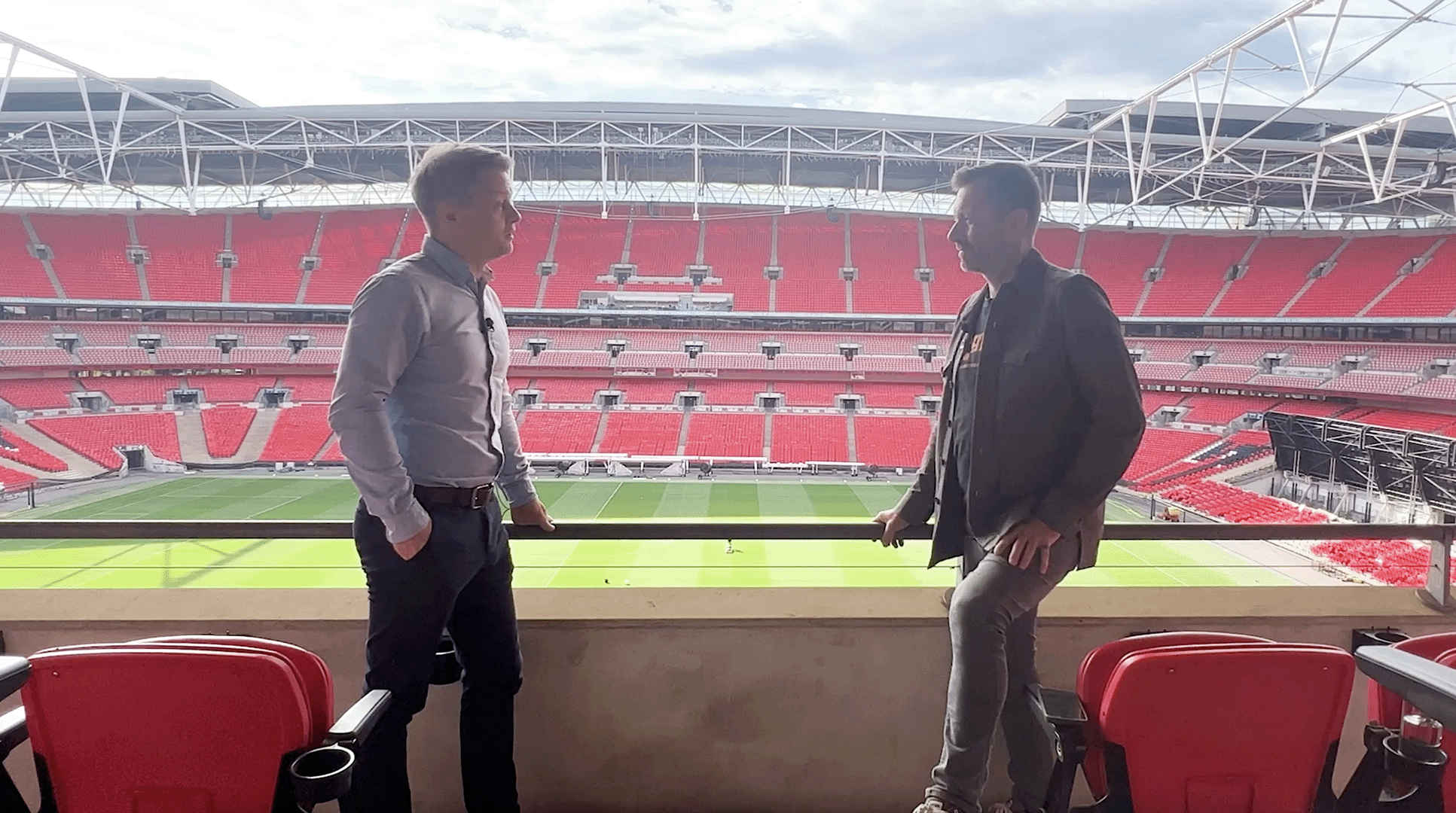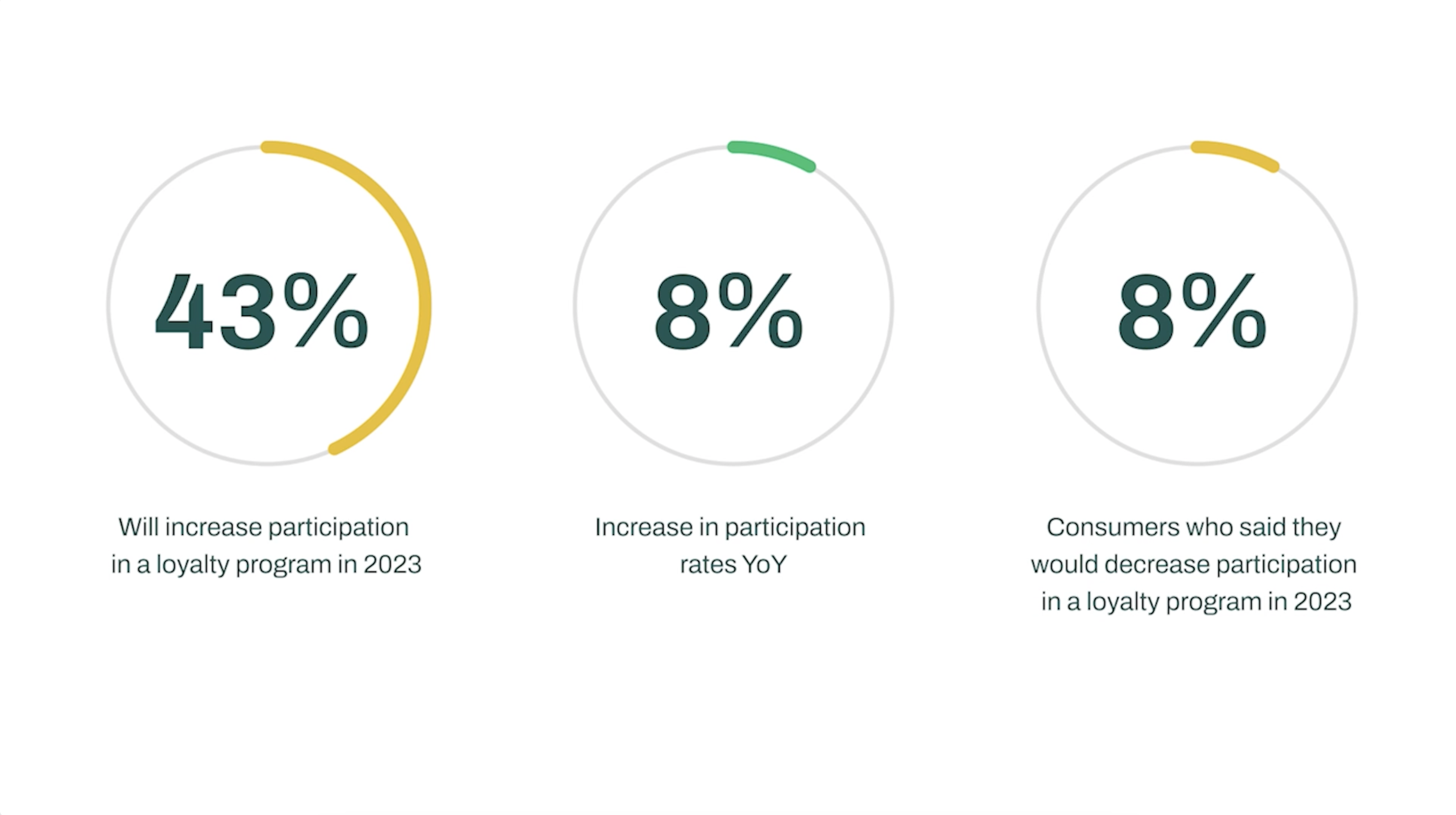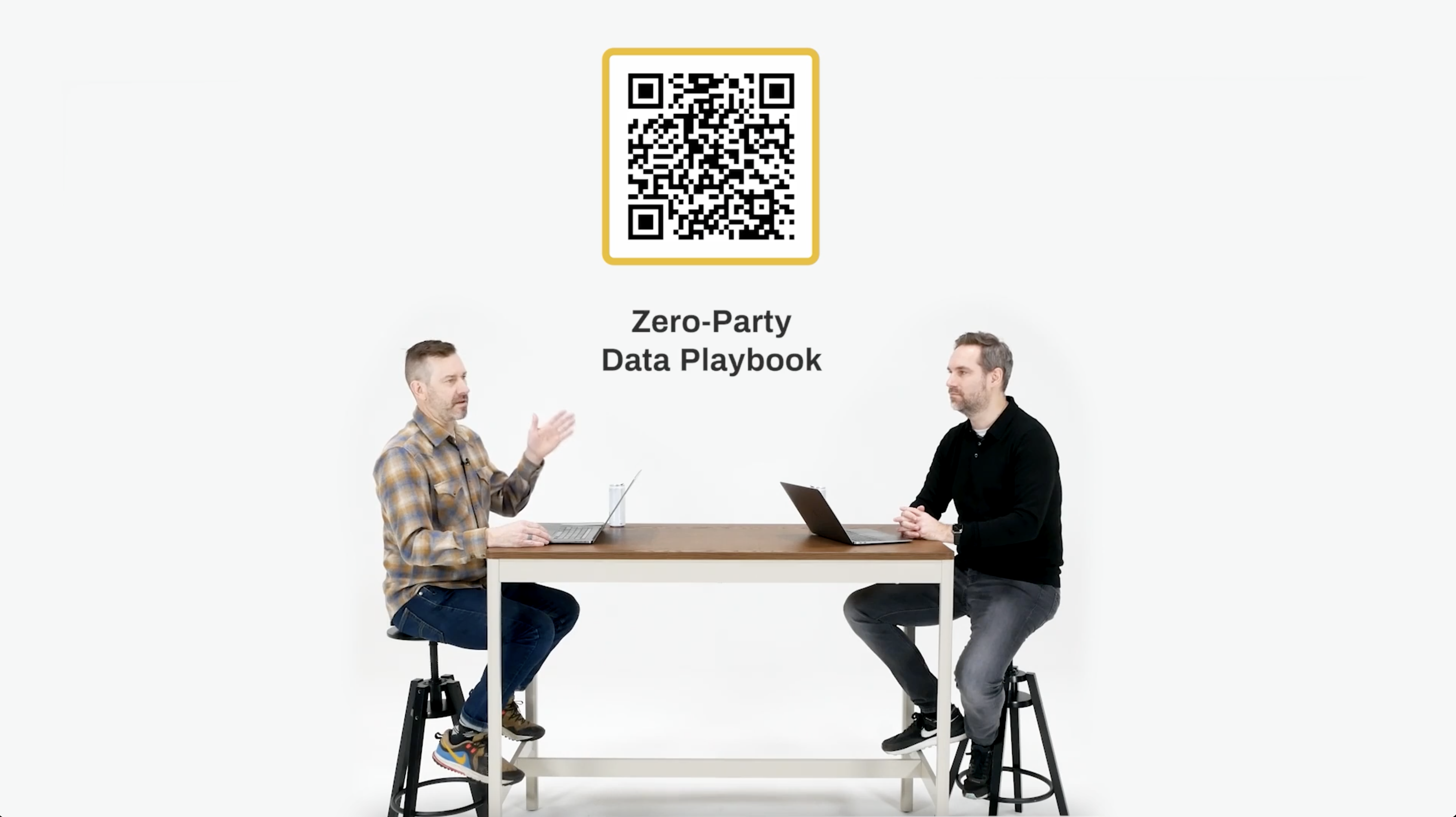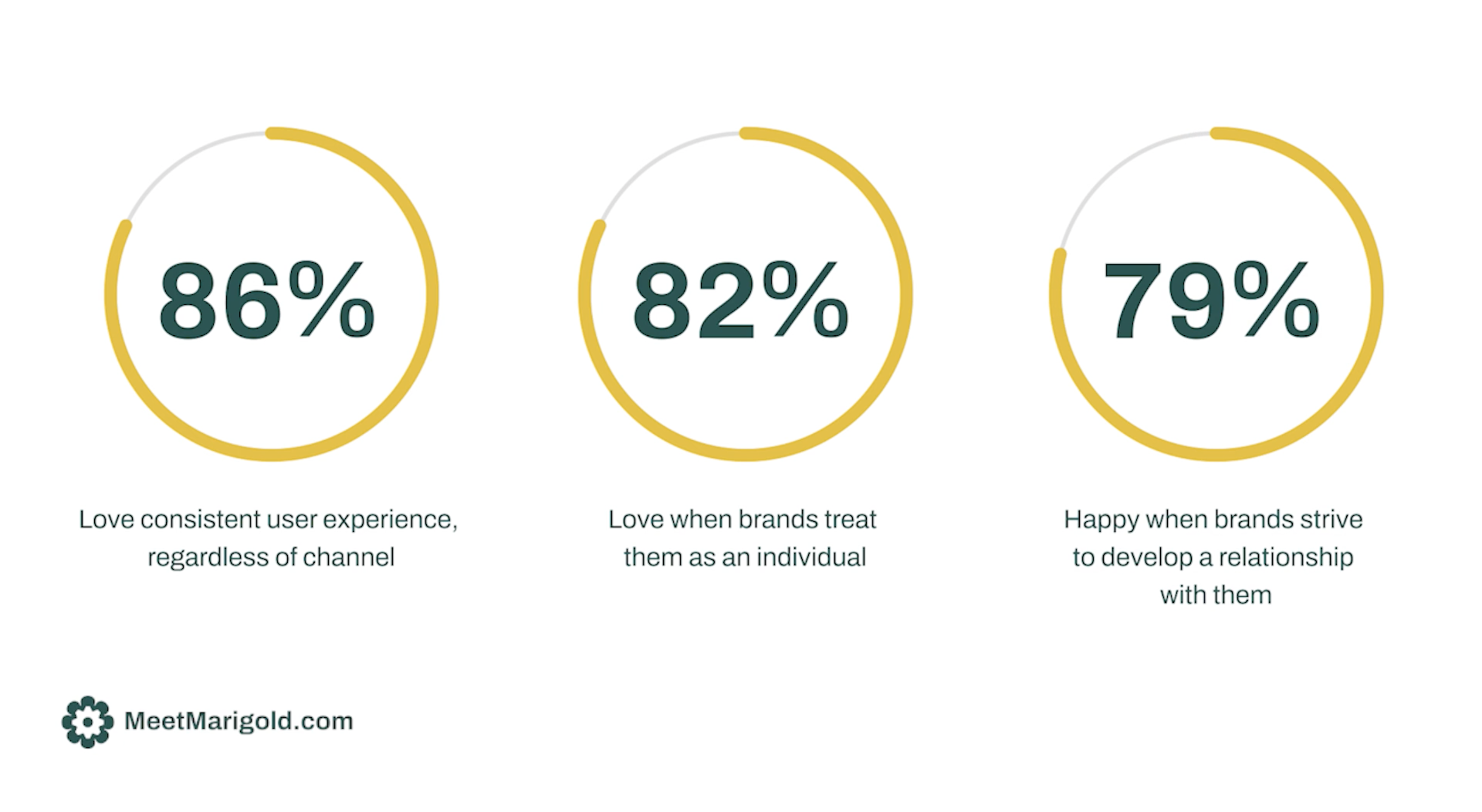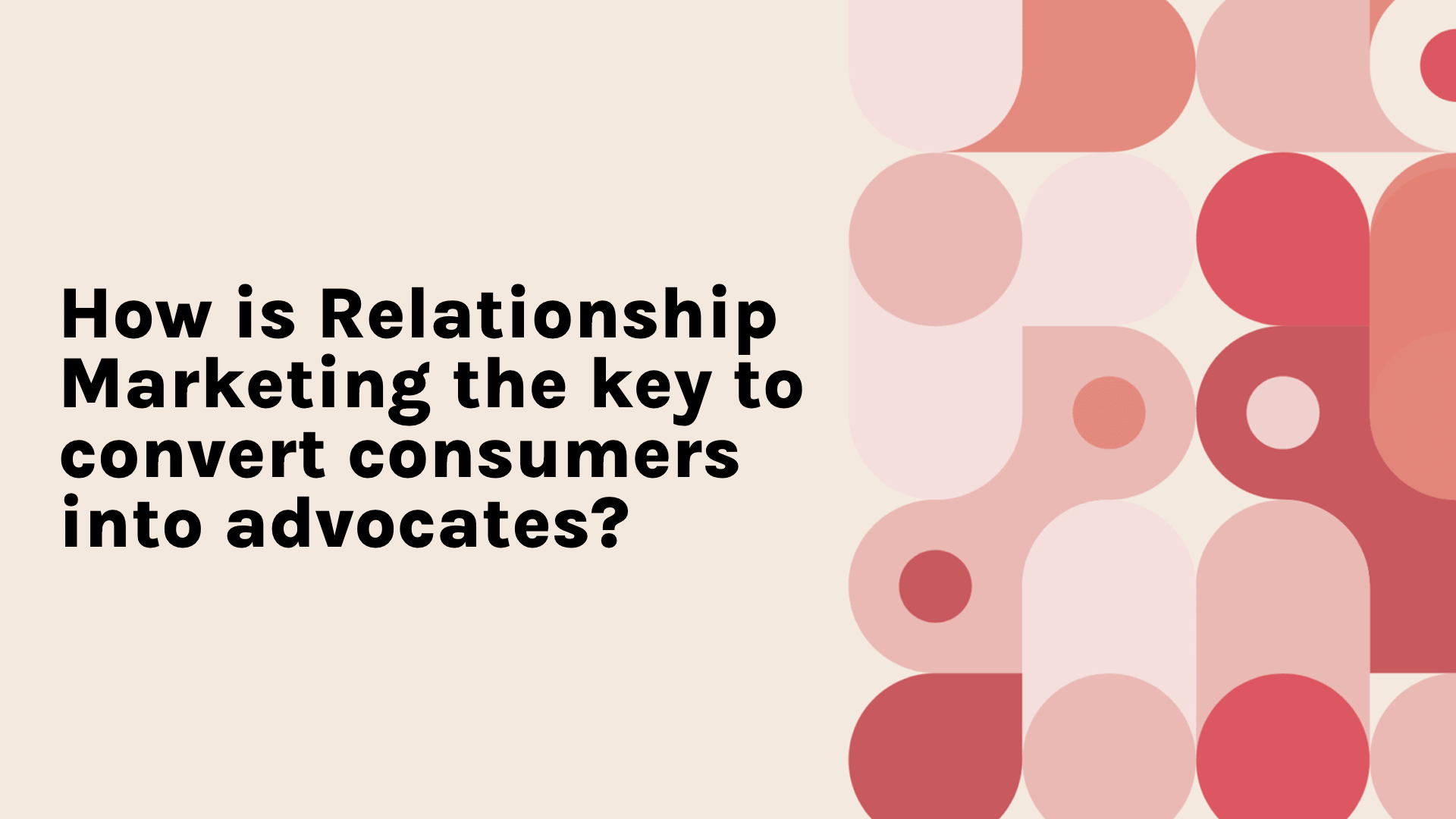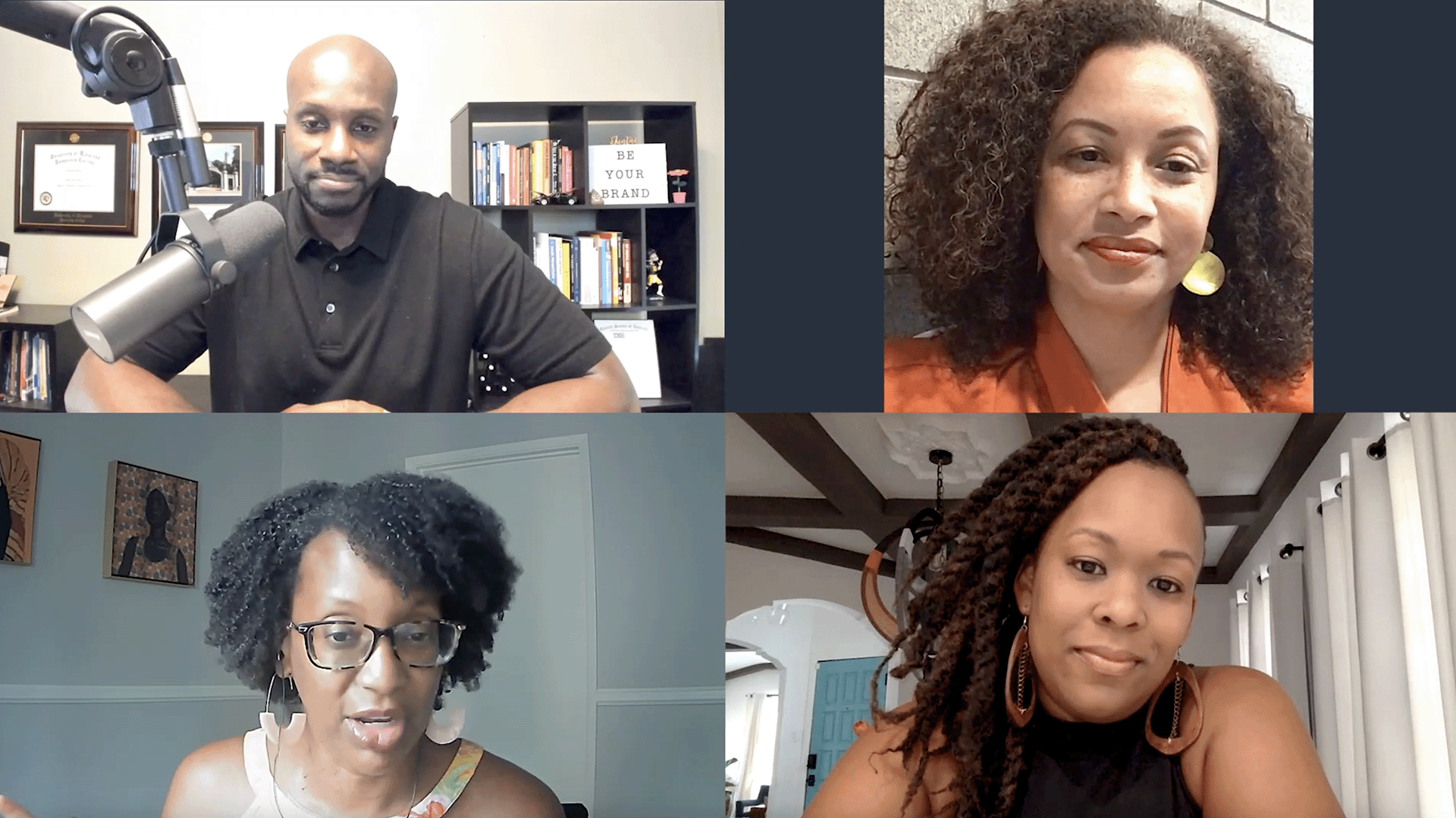How the English Football Association Engages Millions with Email Channel
- 0.5
- 1
- 1.25
- 1.5
- 1.75
- 2
Tim Glomb: I am here today at the world famous Wembley Stadium in England. I'm going to be meeting with Paul Brierley of The Football Association to learn about their relationship marketing strategy. In particular, how they're using our experiences platform and value exchange to drive engagement and personalization with their audience. I'm also hoping to learn how they're monetizing that database with their brand partners and use data for good. In particular, how they're growing the sport with young women at a grassroots level. Well, this is my box, the half- line view. I bet it's going to be awesome. Well, Paul, thanks for having me here. Wembley looks beautiful today. There's a little bit of construction going on. I know the Foo Fighters threw a huge party here, but thanks for having me.
Paul Brierley: Absolute pleasure, Tim. It's always a pleasure just to be here. We're very honored to work here daily. And yeah, we're just recovering from a summer of concerts. The groundsmen has assured me the pitch is almost back to its best. It's just been re- laid, and you can see there's some works going on here, but it's always stunning.
Tim Glomb: Well, it looks great, and I'm sure the players are itching to get back on that field. Can you tell me a little bit about your role, though, here at The Football Association? You're CRM and membership lead?
Paul Brierley: That's right. Yeah. I mean, to explain what I do, what we do is, firstly, it's better to explain what the organization does. We are essentially responsible for the England national teams, Wembley Stadium itself, right down to some of the domestic competitions like The FA Cup, men and women, and all of grassroots, so that's playing, volunteering and coaching. CRM, as a CRM membership lead, it's essential function for The FA, and we're essentially responsible for communicating to all fans and participants across all of those levels. I also manage The FA's reward program, called My England Football, which is our value proposition to drive registrations.
Tim Glomb: Wow, so a lot falls under your purview. I like it. Let's talk a little bit about, you're using our experiences platform to build databases, and you've recently said that you're looking to double your database by 2024. Can you share some numbers, some figures? What kind of numbers are we talking about in your database right now?
Paul Brierley: So we're currently growing at about a million emails a year, and that's driven through various things, and the Cheetah platform's a large part of that, that it's through Cheetah that we promote and publish our competitions and our propositions and reasons for the fan to register. There's other areas as well of the business where we grow data. So in the grassroots world, there's registrations for players and club officials.
Tim Glomb: But, if my son were to play on the pitch or something, he'd have to register. So you're getting my parental data into your database, things like that?
Paul Brierley: And there's a few reasons for that, safeguarding and others, why it's necessary for people to register to us, but we also feel it's incumbent upon us to have a value exchange, even for those mandatory registrants. If you register as a player and official, we still want to reward you, we still want to communicate to you. So growing our CRM database, it's a vital area in grassroots as well.
Tim Glomb: Well, let's talk about that for a second, because value exchange is a huge part of a relationship marketing strategy, right? Relationship marketing really means there's four stages. You take people from an unknown state, you don't know who they are, then you turn them into a known contact, you get them into your database. Then you engage with them, hopefully you're personalizing with them, and then you've got to retain them or create a loyalty program. But the value exchange is that carrot you can dangle. Can you explain some other ways you're using value exchange with your audience to get them more engaged and get more information on them?
Paul Brierley: So, yeah. I mean, we're blessed here. We're blessed with many things. We're blessed with a venue and some great iconic brand, and some great iconic players and people that we can offer fans access to. So we leverage that. The business sees value in offering that up to fans. And the value exchange is, as a fan, have access to these once- in- a- lifetime experiences, money- can't- buy experiences, and Cheetah is the great platform for us to actually put those competitions out there. In terms of value exchange, we want information on people, ability to communicate to people. And the value exchange is you can have these once- in- a- lifetime experiences, we can know a little bit more about you, and hopefully tailor our communications better to you as a fan or player.
Tim Glomb: Sure. So as you learn more about them, maybe progressive profile them, right? You got them in your database, now you're learning a little more over time. It's incredibly impactful and you're able to personalize based on that information, right? Share with me one example of how you're trying to understand which club I actually love the most to drive me to maybe an international game or something. Can you explain a little bit of that?
Paul Brierley: Yeah. I mean, one of the key things to explain about The FA is we don't have much transactional data. So we model, there's 30 million fans of England in this country. So it's pretty much every other person-
Tim Glomb: Wow.
Paul Brierley: ...is an England football fan in this country. Only a small percent attend England games here. It's not regionally accessible to everyone. It's only one stadium. We have very few matches throughout the year here, and only a small proportion to actually play the game. So we've got a large proportion of our fan base that don't transact with us, so we have very little transactional data on them. If we're to learn more about those people, we need to understand their interests, what their drivers are, why they love football, what they do in football, what they want out of football, and zero- party data is the way that we look to do that. The example I gave to you earlier was just understanding what club team someone supports. We're aware at The FA here, even though our product is the England national team, we are on The FA Cup as well, of course. But we're aware that for the vast proportion of the year, football fans are club football fans.
Tim Glomb: Sure.
Paul Brierley: So, if we can learn if it's a Man United fan or a Liverpool fan, an Arsenal fan, or a Spurs fan, we can talk to them in different ways relevant to that club. And having learned the fact that, for a large portion of our database, which club someone supports, we've already seen huge uplifts in email open rates when we personalize subject lines based on the team someone supports.
Tim Glomb: Got it. So everyone gets an email, you're sending out a campaign. However, if you know I care for Liverpool, Liverpool's going to be in the subject line. Of course, I'm obligated to open that email because it has Liverpool in it, right?
Paul Brierley: I would say so, yeah. I mean, as a club fan, you don't want to miss that crucial bit of information. Moreover, if you support the opposite team and we send you Man United content as a Liverpool fan-
Tim Glomb: Uh-oh.
Paul Brierley: ...we would expect that to have a negative effect.
Tim Glomb: Yes.
Paul Brierley: So, it's the clear and obvious thing to do to personalize, because that passion point in sport is so different to other brands. We have to be cognizant of that. We have to try and understand that about the fan and communicate to them based on the team that they love.
Tim Glomb: Yeah, it makes total sense. That's personalization 101, which is the third stage of relationship marketing. I want to go back for a second, you talk about not having a lot of transactions. There's other brands out there, for example, Pepsi, who doesn't actually own the cash register where their products are being sold. So they are at, to use your words, arm's length from the consumer. But those value exchanges, specifically giveaways and sweepstakes, and things of that nature, I know there's a lot of brands watching right now that go, " Oh yeah, those are just games. Consumers don't care about. Those are distraction, they're not worth our investment." What have you found from a giveaway or sweepstakes approach? Does it actually engage and get the consumers to lean forward?
Paul Brierley: So having been through the process to build a loyalty rewards program, having researched the market in various sectors and looked at how others are doing it, we find, and have consistently found, that competitions are the best mechanic for acquisition-
Tim Glomb: The best.
Paul Brierley: By far and away the best.
Tim Glomb: Wow.
Paul Brierley: To give away something, again, we're blessed with great things to give away.
Tim Glomb: Sure.
Paul Brierley: We're very lucky in that respect. But yeah, it's the biggest driver for numbers for us. You could question how it affects deeper engagement, ongoing engagement, beyond acquisition, and that's where zero- party data comes in. So we don't see drop off, we still see continued engagement from those people that come in through that means, through a competition means. But it's not just about the prize, it's about the platform through which you deliver the prize. And this is where Cheetah have provided most value.
Tim Glomb: Tell me more, I want to hear.
Paul Brierley: Well, we buy into the gamification concept. We think a smoother registration process is vital. We think an interactive and enjoyable registration process is vital. Again, in sport, maybe in other sectors, too, we can garner opinions, we can ask about knowledge, we can quiz, we can test, we can ask predictions. There's lots of levers and mechanics to you to gamify what is ultimately a registration flow. So for us, it really is a blend of the prize, the prize proposition, the competition and the platform. We're also blessed, which a lot of these big brands are, too, with 35 million people on our social media platforms. So there's a lot of unknown customer database sufficient to convert to known. So the whole thing combined is a mechanic we regularly use and we see great results from.
Tim Glomb: That's a huge insight right now for anybody who is building a social fan base, because you can't control the social algorithm. You can post something, you have no idea who's going to get it, depending on what the algorithm wants to deliver today. So, getting that unknown, I mean, you know them in some way, but getting them from that social platform into your own database is critical. And I want to ask you, you've used zero- party data a couple times here, looking at the future, a post- cookie world, more legislation, both in America, here in the UK and other countries, how important do you think zero- party data is going to be for brands, moving forward, in the future?
Paul Brierley: So, we see it as crucial. We recognize that the post- cookie data challenges. We're a media buyer as well a media owner. We need to target fountains, we need to grow our audiences, we need to sell tickets, and we need to reach subsets of fans and personalize our communications. We recognize the challenge of the post- cookie world. We do believe that if we grow personalized information on our fan base, we can take a more leading role as a communicator to those fan bases. And the best way to do that is understanding more data on the individual. So yeah, the business sees the relevance of growing a bigger, more enriched audience that we can communicate to.
Tim Glomb: Great. I think it's the future, I think it's the future. I want to pivot here for a second and learn a little bit more about your business model. You have many partners, brand partners, and they all have different goals and different reasons for being partnered with you. But how does your database and your access to these consumers, how does that have value and provide value up to your partners?
Paul Brierley: As you say, 27 commercial partners, all want different things. Some, it's a pure brand play, it's an awareness play. Some want more deeper, more connected, targeted relationships with certain pockets of our audience. CRM can access and provide access to partners straight into community. So just target clubs, players, volunteers, for where brands have got some kind of community action or programs in that area. It can be a publishing channel for brands that want to proliferate content so we can publish content through those channels. I think CRM is at its best when it's transactional. Social media, we use generally to engage and entertain. CRM, we use to inform and convert, generally. So, for those brands that are looking, that have a very direct- to- consumer focus and are looking to target and convert, that's where CRM can have its best results.
Tim Glomb: That's interesting. I mean, some people may not think of The FA as a media company, but in a sense you are. I mean, you have access, you have a great email channel, you have great social channel, so I think that provides huge amount of value to any partner, especially when you know a lot about your audience and get down to that personalized level.
Paul Brierley: I mean, that's the way the sport market's going, or has been for the last 10, 15 years. And the technology's facilitated the sports brand, sports owner, to be a media owner. And that's through social media, web, CRM. We can now have direct access to those audiences. And the challenge sport faces, and the opportunity sport faces is, well, if you saturate your attending audience as in you're just filling out stadiums, how do you connect to the non- attending audience? And that's the challenge we have, the arms- length fan who doesn't come to Wembley. And if you can connect and build a relationship directly with them, you are essentially, as you say, a media owner, a means for the partner brand to communicate to that fan.
Tim Glomb: Let me ask you, do you think, and without sharing any secret sauce or big plans behind the curtain, what could happen in sports, and particularly for your organization, could more clubs come together? Could there be bigger data sharing? Are there other alliances to be formed to cross- promote and grow all boats rise, so to speak?
Paul Brierley: I believe so, yeah. It's something we're looking at The FA to potentially bring football together, in that respect, legal permissions pending.
Tim Glomb: Sure.
Paul Brierley: But we think the fan is a club fan and an England fan, generally, in this country. They take one hat off and put the other one, depending on the football schedule at that time. And there's no reason why we can't work together with other clubs and sport organizations to handhold that same fan through their relationship with football. When they turn from Man United or Liverpool fan to England fan and back to club fan, we should work together to communicate through them, through that life cycle.
Tim Glomb: I mean, it just makes the fan's experience even better when the teams are organized and they are sharing data to create common experiences. I think it makes a lot of sense. What's the future look like? What are you hopeful for? What kind of trends would you like to see in this space when it comes to personalization and connecting with consumers? Do you have anything that inspires you that you hope to see soon?
Paul Brierley: So, I mean, one of the big new dawns for sports rights holders, of which we are, is direct- to- consumer with broadcast. So, the current sports model is essentially rights holder, like ours, sell the rights to broadcast to big broadcasters. And that's the kind of long- standing revenue stream. What sports organizations are looking at, and are currently investigating, is very much the future rather than the present, is OTT broadcast. So stats go direct- to- consume, with content. And we do that in part. We have a clip strategy or highlight strategy through social, and over time that might get carved up. We'll see it across sports globally and sports rights holders go direct- to- consumer with broadcast rights. Again, it's the future, not the present. But when that starts to happen more and more, a direct- to- consumer relationship with a fan is absolutely crucial for that business to acquire, engage, and retain content viewers and subscribers on those platforms.
Tim Glomb: Well, I've been at television for over 20 years now, including live TV and live concerts, globally, with Mark Cuban's network. Sports, you have to watch live. So it's always going to be the king in broadcast, right?
Paul Brierley: Yeah. It has to be appointments of you. It can't be on demand.
Tim Glomb: You have to be there.
Paul Brierley: You can't choose when we watch these incredible moments. They happen, we have to be there, sat there watching them, either in the stadium or on screen at home.
Tim Glomb: Yep. Well, that's live TV. All right, I got one more for you and then we'll close this out. There's going to be a few people watching here that are at smaller organizations, right? They don't have a giant marketing budget, they don't have massive teams, and they're hearing, okay, value exchange, maybe some giveaways, some competitions, build my database so I can personalize. Do you have any advice for those right now that aren't super heavy in resources? Where do they start? What should they do and what should be their core strategy?
Paul Brierley: Well, I mean from a sports perspective, we are blessed with content. So what I would say, if I was to start an organization like this from scratch, it's a content strategy to drive people to the top of the funnel, be it web, CRM, and then push them down the funnel to become known. So use content to drive registrations, essentially. I'll use content, then prize propositions to drive registrations. In sport, we are blessed with content. Other brands may not be. But I think there's always value in brands when any point of that attention funnel, when people come in, there's always value in driving them down to point of registration, because that's when you can have your deepest and most transactional conversations with the customer.
Tim Glomb: Well that's great advice and you're executing incredibly well. And listen, if you want more resources on zero- party data, how, why, where, when to collect it, we've got some great resources on our website. But what are you hopeful for in the future here at Wembley and The FA? What's coming up?
Paul Brierley: So obviously, we've got the Men's World Cup, in November, in Qatar. But I think the big focus of The FA in the next coming months, the most exciting project from a CRM point of view we're involved with, is really converting the phenomenal win of the women's team, here in the Euros, at Wembley Stadium. And that awe- inspiring moment, that inspirational summer that we have, just how we can convert that euphoria into actual gains in girls' participation at a grassroots level.
Tim Glomb: Oh, got it. So trying to close that gap between the male and female in the sport.
Paul Brierley: Yeah. There's still inequality and playing opportunities for boys and girls, and we think CRM, The FA certainly, but CRM in itself, can play a big role in that. We've acquired a database of teachers and we're going to start to influence the curriculum and extracurricular activities at school level. So actually have relationships with teachers, PE teachers, to drive the girls' school and football agenda.
Tim Glomb: Well, this is great, using data for good, using your CRM for good and great content. Well, look, great. This has been great, Paul. I hope to come see you again. Maybe next time, there'll be a concert or a game or something, but I do appreciate you having us today. It's been great.
Paul Brierley: Pleasure, Tim.
Tim Glomb: Okay, see you next time.
DESCRIPTION
With over 30 million football fans in England, The Football Association has plenty of potential fans to excite, engage and educate.
Currently their database is growing at about one million emails per year - in part by using Cheetah's platform to promote and publish competitions, offers, and registrations. Through the power of a value exchange - the heart of Relationship Marketing - the Football Association is offering fans access to once- in-a- lifetime experiences in exchange for zero-party data that will allow ongoing engagement and deeper personalization for fans. The result? Understanding fan interests and their favorite local teams leads to huge uplifts in email open rates, even just by personalizing subject lines based on the team someone supports.
Join us for a conversation at Wembley Stadium to learn more about their content strategy, how they're monetizing their database with their 27 commercial brand partners, and how they're growing the sport with young women at a grassroots level.
Takeaways:
- Competitions and rewards are an incredible mechanism for customer acquisition.
- Collecting zero-party data to create personalized customer engagement is CRUCIAL in a future, post-cookie world and drives higher email open rates.
- CRM is at its best when it is transactional. Brand partners may all want different things but targeted relationships with specific aspects of an audience provides a mutually beneficial relationship for both fans and revenue.
Today's Guests

Tim Glomb


